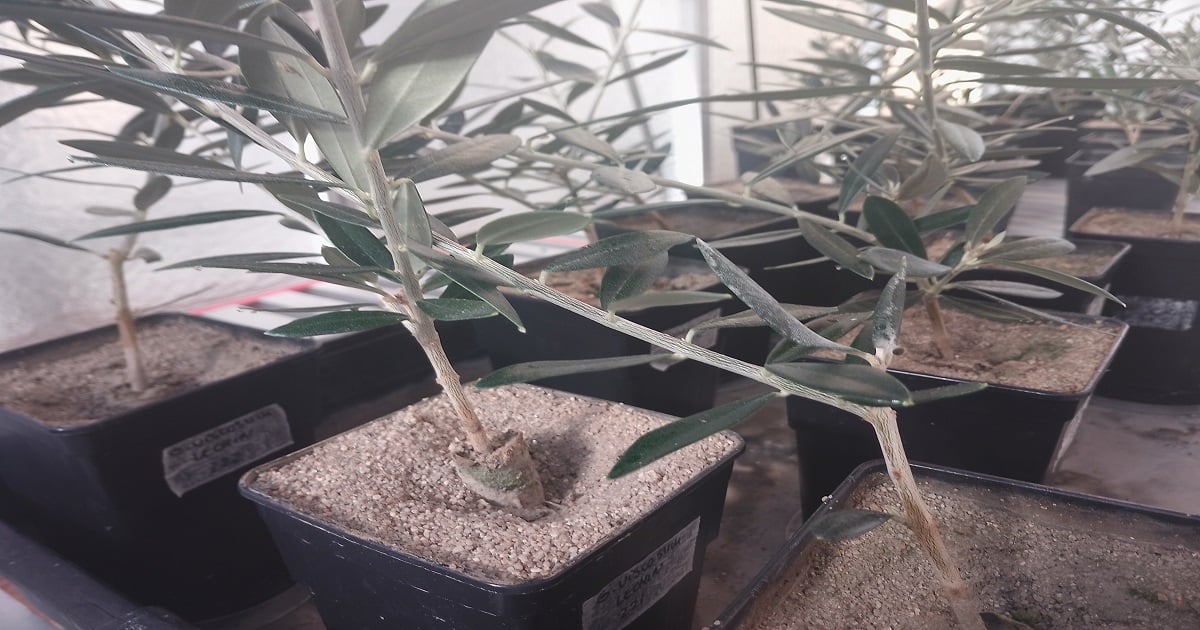Uncovering the Mechanisms of Plant Salinity Stress Response and Tolerance
A special issue of Biology (ISSN 2079-7737). This special issue belongs to the section "Plant Science".
Deadline for manuscript submissions: 30 September 2024 | Viewed by 515

Special Issue Editor
Interests: abscisic acid; aquaporins; drought, ethylene; jasmonic acid; mycorrhizal fungi; salinity; soil bacteria; water relations
Special Issues, Collections and Topics in MDPI journals
Special Issue Information
Dear Colleagues,
Soil salinity is one of the main causes of crop yield reduction and plant species distribution around the world. Plants have developed a wide range of mechanisms to cope with soil salinity, ranging from physiological to molecular ones. Salinity effects on plants can be divided into osmotic and toxic ones. Therefore, responses of plants to salinity resemble that against drought stress, but there are other specific responses to salt stress such as toxic ion detoxification. Although the responses of plants to salinity have been extensively studied in the last decades, more research is still needed to understand how plants respond and tolerate salt stress.
We are pleased to invite you to submit primary research, reviews or methodological manuscripts dealing with the response of plants to salt stress. Ideally, manuscripts should deal with physiological (water relations, photosynthesis, nutrient uptake and assimilation, etc.), biochemical (antioxidant systems, primary and secondary metabolism, hormonal changes, etc.) and molecular (gene expression, genetic resources, transgenic plants, molecular signaling, etc.) responses. Manuscripts that combine different levels of research are encouraged, along with those including different organism levels (from the whole plant to the cell). Additionally, studies dealing with the interaction between plants and beneficial microorganisms are welcomed, with the focus on plant responses. These subjects are in complete accordance with the scope of the journal Biology. Hence, this Special Issue aims to advance the knowledge of the mechanisms underlying the response and tolerance of plants to salt stress.
I look forward to receiving your contributions.
Dr. Ricardo Aroca
Guest Editor
Manuscript Submission Information
Manuscripts should be submitted online at www.mdpi.com by registering and logging in to this website. Once you are registered, click here to go to the submission form. Manuscripts can be submitted until the deadline. All submissions that pass pre-check are peer-reviewed. Accepted papers will be published continuously in the journal (as soon as accepted) and will be listed together on the special issue website. Research articles, review articles as well as short communications are invited. For planned papers, a title and short abstract (about 100 words) can be sent to the Editorial Office for announcement on this website.
Submitted manuscripts should not have been published previously, nor be under consideration for publication elsewhere (except conference proceedings papers). All manuscripts are thoroughly refereed through a single-blind peer-review process. A guide for authors and other relevant information for submission of manuscripts is available on the Instructions for Authors page. Biology is an international peer-reviewed open access monthly journal published by MDPI.
Please visit the Instructions for Authors page before submitting a manuscript. The Article Processing Charge (APC) for publication in this open access journal is 2700 CHF (Swiss Francs). Submitted papers should be well formatted and use good English. Authors may use MDPI's English editing service prior to publication or during author revisions.
Keywords
- genetic resources
- ion toxicity
- molecular signalling
- nutrient uptake
- plant hormones
- soil beneficial microorganisms
- water relations






